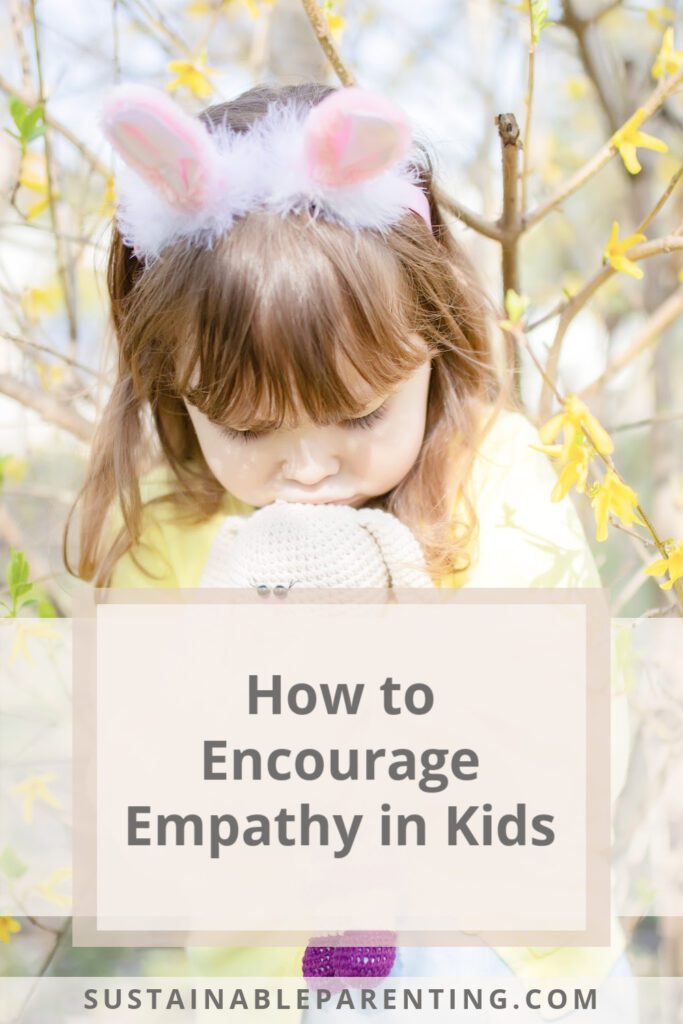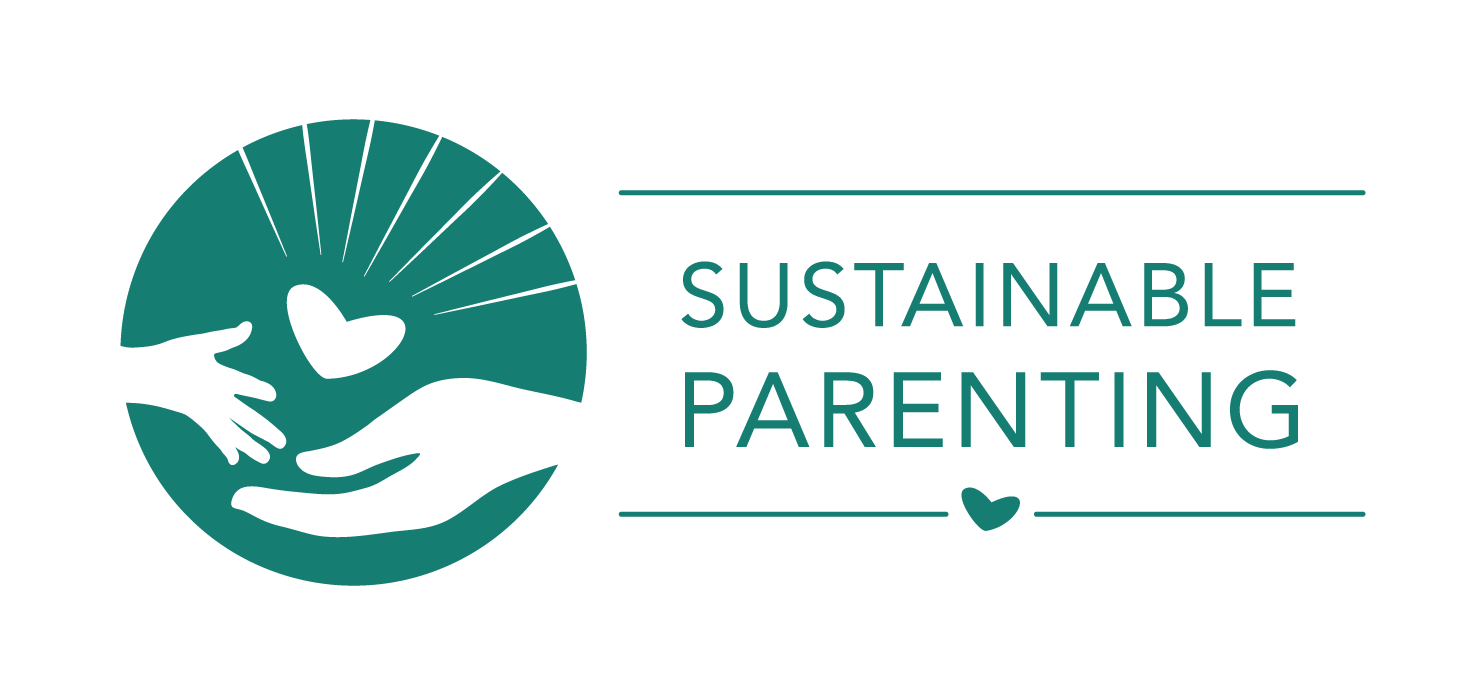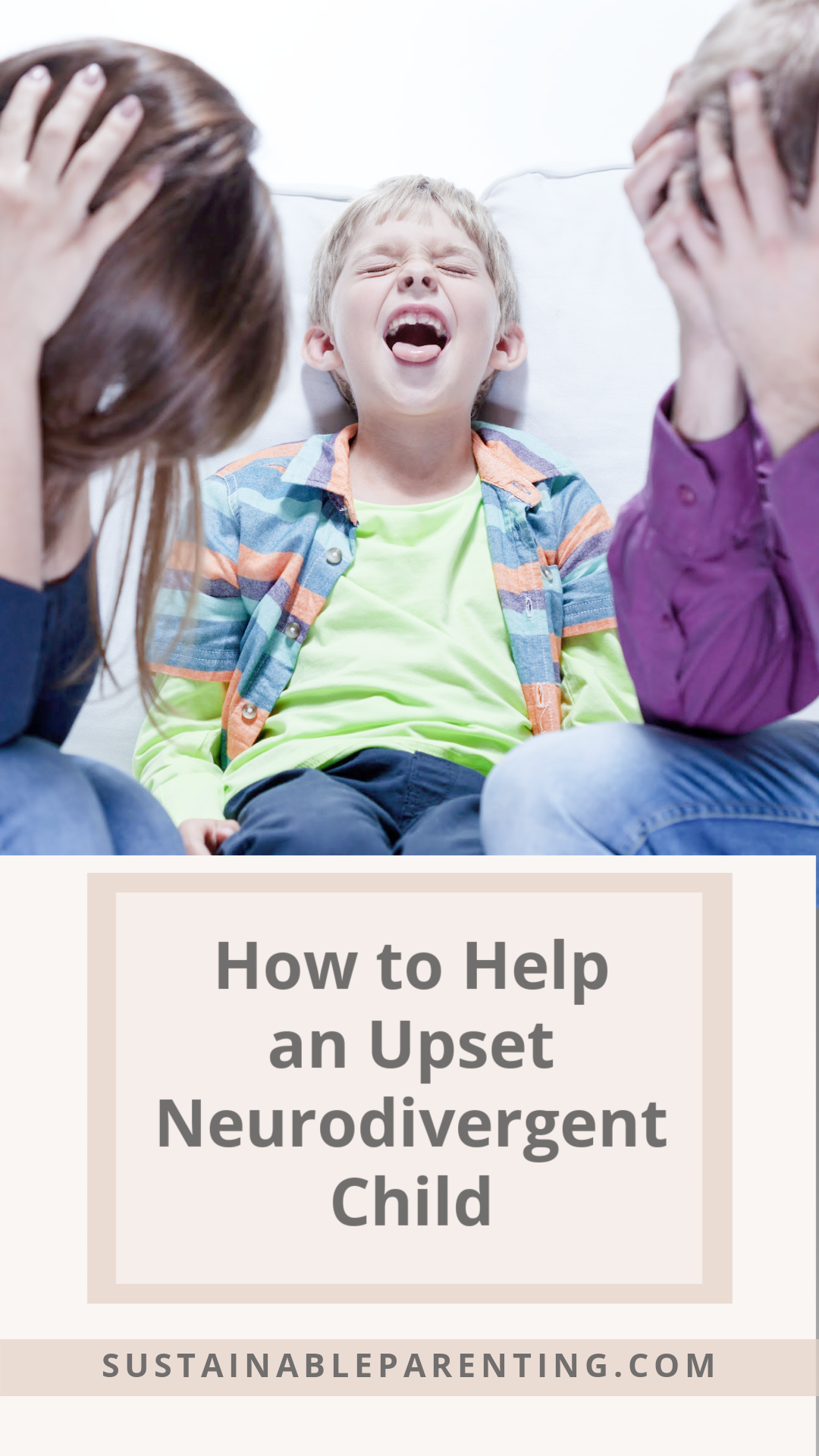
When your child hurts another child, you might be mortified and even feel frozen like a deer in the headlights. After that initial shock, your first instinct may be to take the child and insist they apologize. Instead, consider taking a moment to encourage empathy in your child.
I actually recommend NOT forcing an apology because it may be counterproductive. The reason is that forced apologies trigger our child to shut down with a “Shame-brain” response (Brene Brown). In addition, it really doesn’t move the situation forward, and repeat behaviors are likely. Instead of an apology, I recommend what I call “solution-focused ownership” to encourage empathy in your child.
3 Steps for Solution-focused Ownership to Encourage Empathy in Kids
Step 1: Point out what you notice and see if they solve it on their own
- “I see that Sam is crying, from that toy being taken away.”
- “I notice sister is very upset that you took her stuffy without asking.”
Step 2: Direct the child to take ownership
To make the situation right at that moment or to make a plan for different choices in the future, direct the child to take ownership (and state that plan to the person who was upset or wronged).
- “You grabbed that toy from Jackson, and now he’s sad. What can we do to make it better?” This gives the child a chance for a “do-over”.
- “What could you do differently next time?”, and then ask them to state that agreement. “Ok, next time you will ask sister before you take a toy out of her room. Great plan. Let’s go tell sister that and give her back the toy.”
Step 3: Take charge when the child refuses to improve the situation
If the child won’t choose a way to make the situation better, then you choose an outcome for them.
“When you choose a solution, you get to keep playing, Otherwise, there will be a sad consequence.”
Ie. If the child is not willing to give back the toy, then you leave the playdate, or if they won’t trade toys, the toy they stole goes away until tomorrow. Whatever outcome you choose, it will be most effective if it is something you have the power to enforce.
Over time, using these 3 steps should be a positive way to help the child to take ownership of their mistakes, in a solution-focused way.
If you’d like more personalized guidance, contact Flora today.
*This article was originally published in Montana Parent Magazine.







